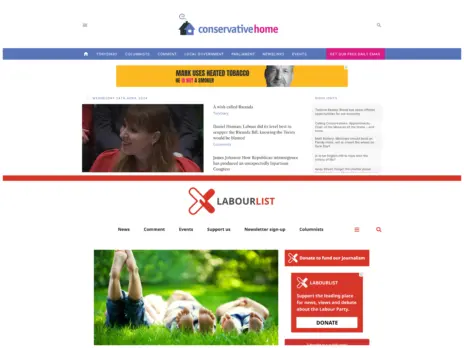Government legislation that gives the police and security services powers to monitor details about people’s emails, web history, phone calls and text messages means that journalists must learn how to work online anonymously and invisibly.
When the Communications Capabilities Development Programme comes into force, communications companies will have to store the ‘who, when and where’ of every electronic message you send. That includes direct messages from Facebook and Twitter.
The security services may then be granted live access to records belonging to people ‘under surveillance’. They will also be able to access databases held by Facebook, BT, Twitter and all UK mobile phone operators to run a ‘trace’ on people. They can then track people’s geographical movements, who they were in contacted, where and when.
The measures are part of the government's anti-terrorism strategy that is going through Parliament at the moment. But photographers know only too well how the police have frequently used 'anti-terrorism powers' to stop them doing their jobs.
Journalists must learn new online habits, or risk compromising their sources and investigations.
Most journalists don’t even take basic steps to secure their online privacy. And many editorial servers don’t allow them to – they’re not ‘wired’ that way. If your office web browser doesn’t allow you to do anonymous searches, and automatically encrypt your emails, you’ve got a problem. And so have your sources. How will a confidential source feel about your company’s webmaster reading his emails to you?
To combat this threat, I have written an eBook for journalists. It's called: Stop Snoopers, and lists simple steps you can take to work invisibly and to protect your digital data. The techniques should be learned and used all the time, so they become normal practice.
And media organisations may need alter the way their networking, email systems and internet browsers work to ensure editorial staff can work safely and fulfil their moral and legal duty to protect their sources.
The media already faces greater scrutiny from the government and other authorities than any time in history. This is likely to intensity in the fall-out from the Leveson Inquiry and the phone hacking trials. We need to learn to protect ourselves – fast.
Download the eBook here for free
Cleland Thom is a consultant and trainer in media law
Email pged@pressgazette.co.uk to point out mistakes, provide story tips or send in a letter for publication on our "Letters Page" blog






